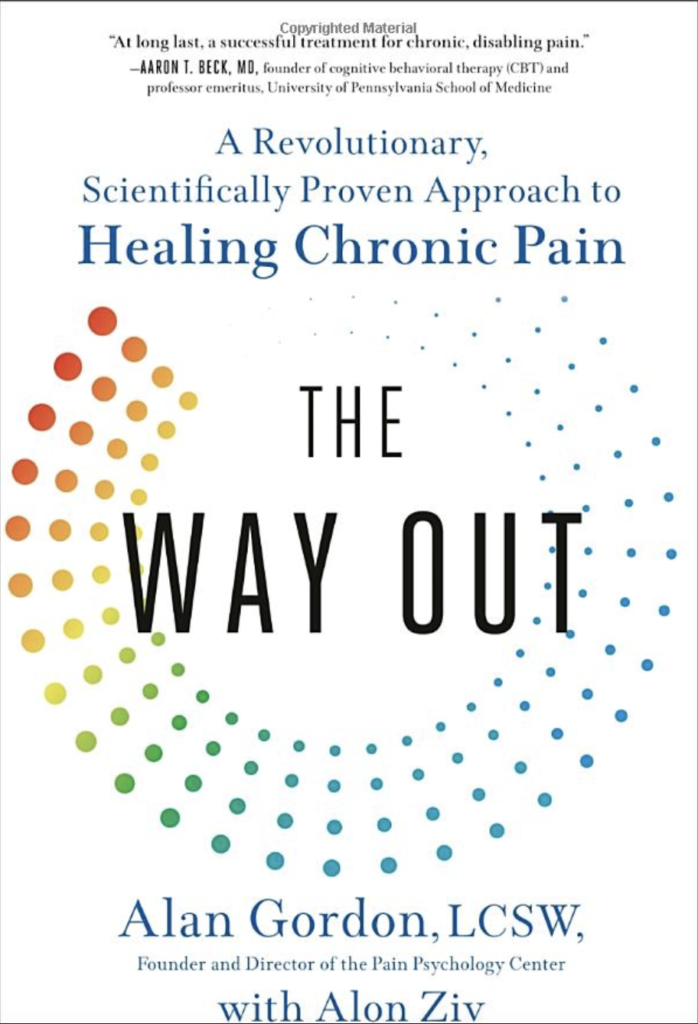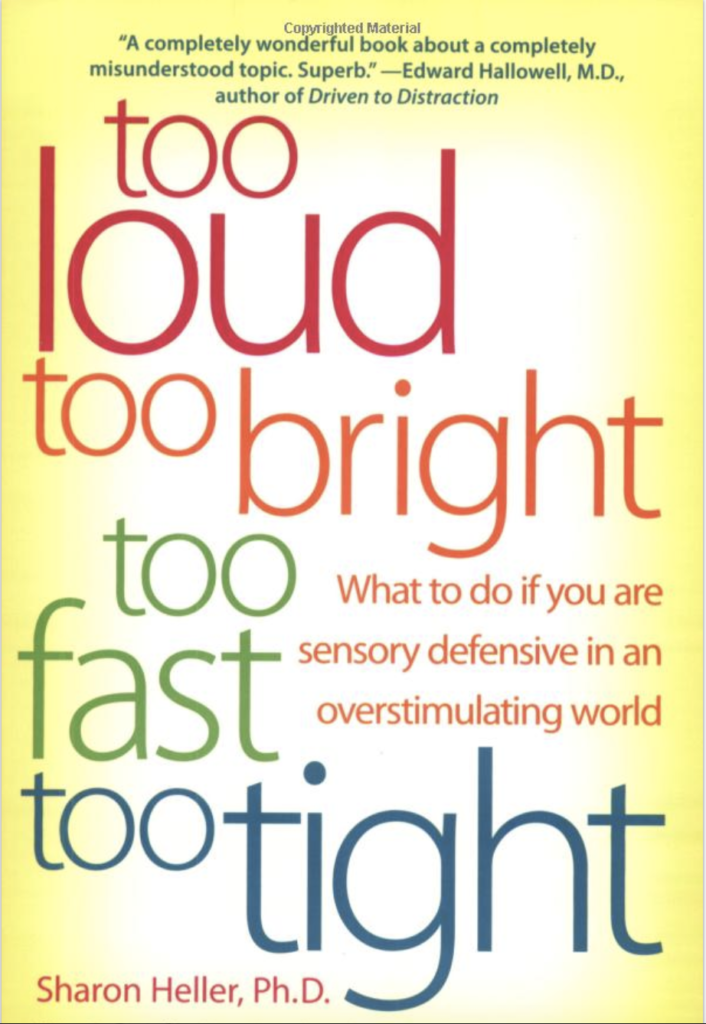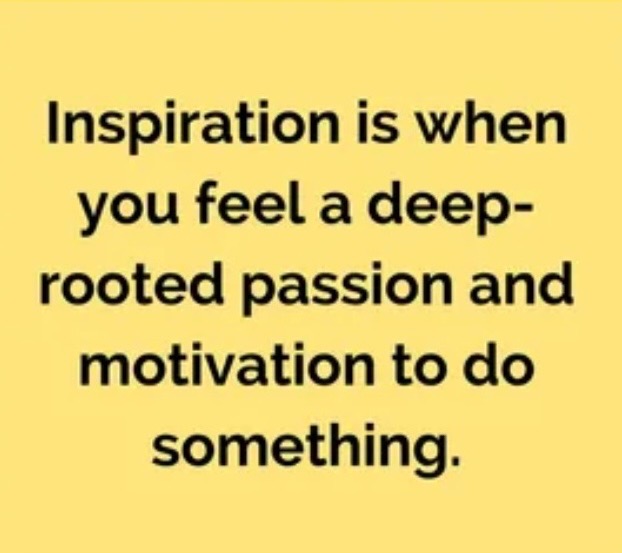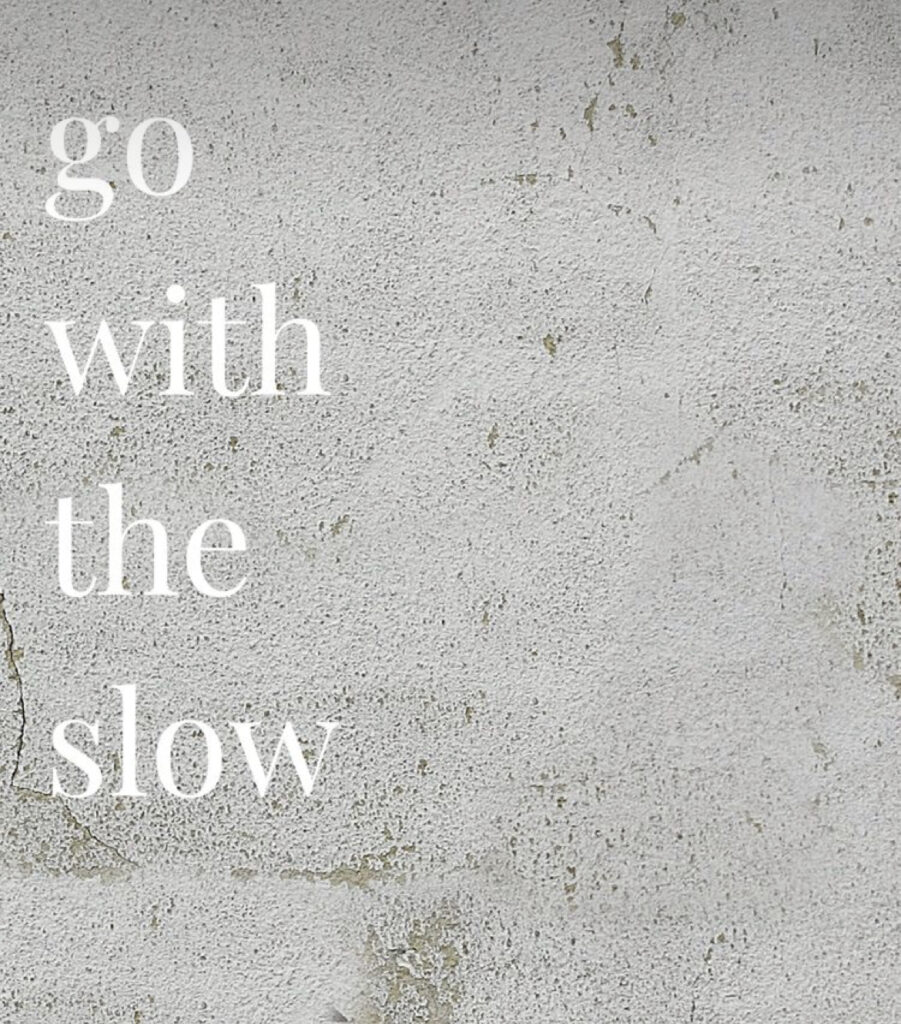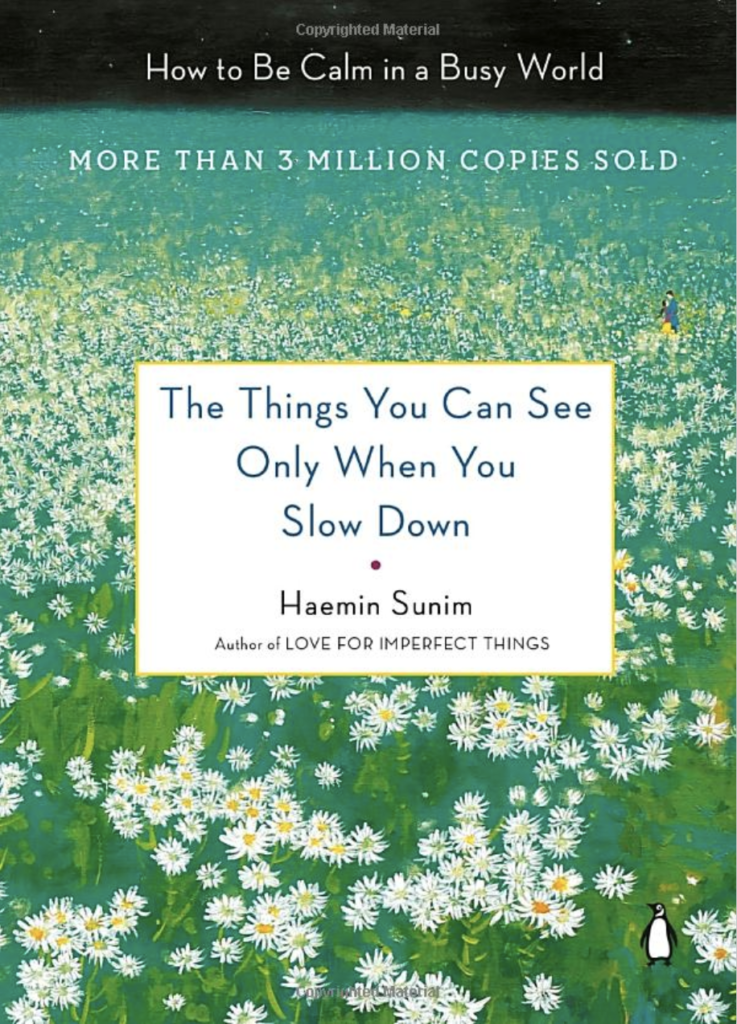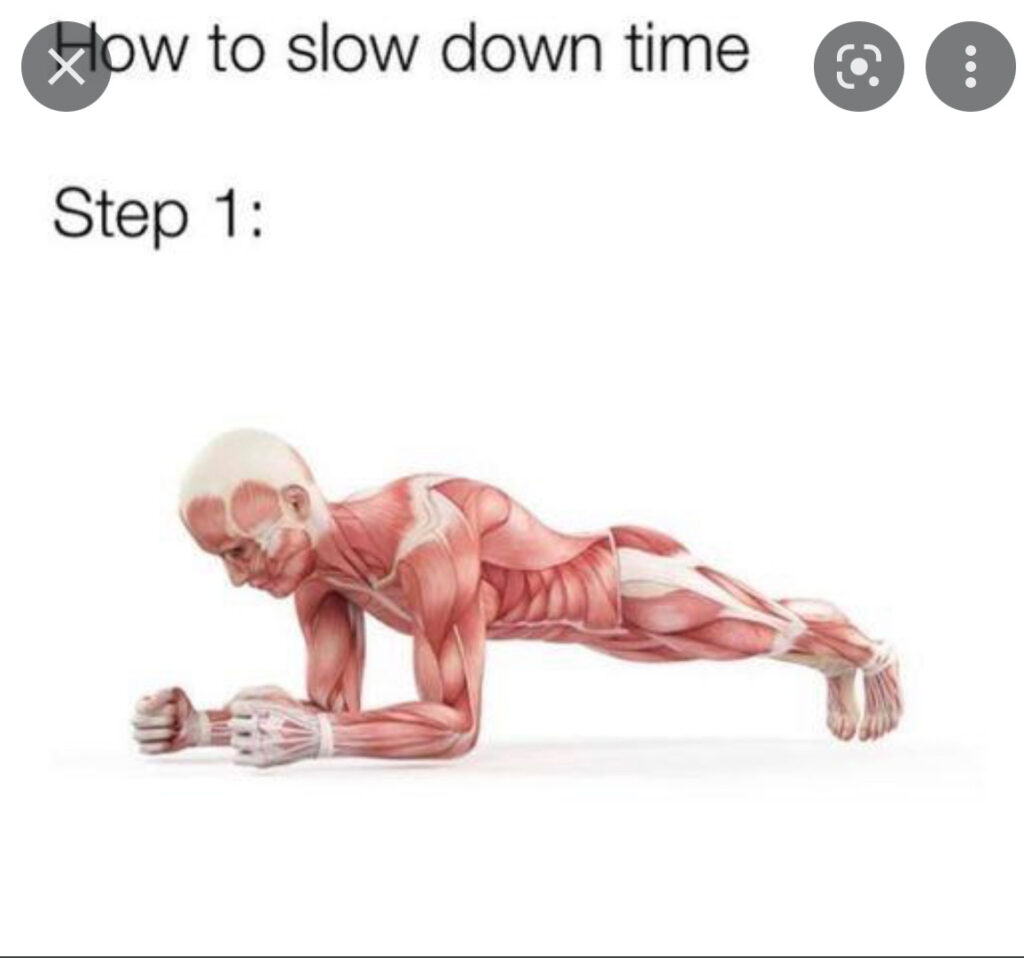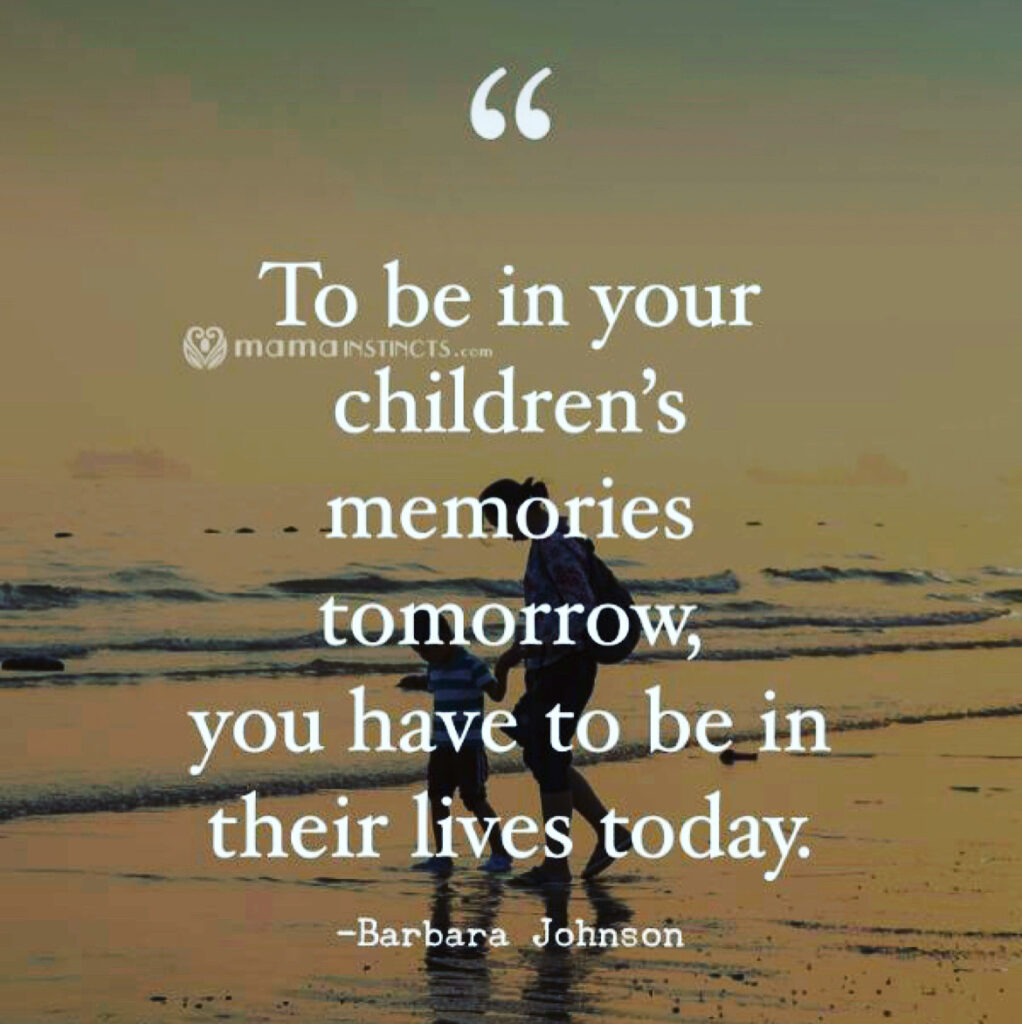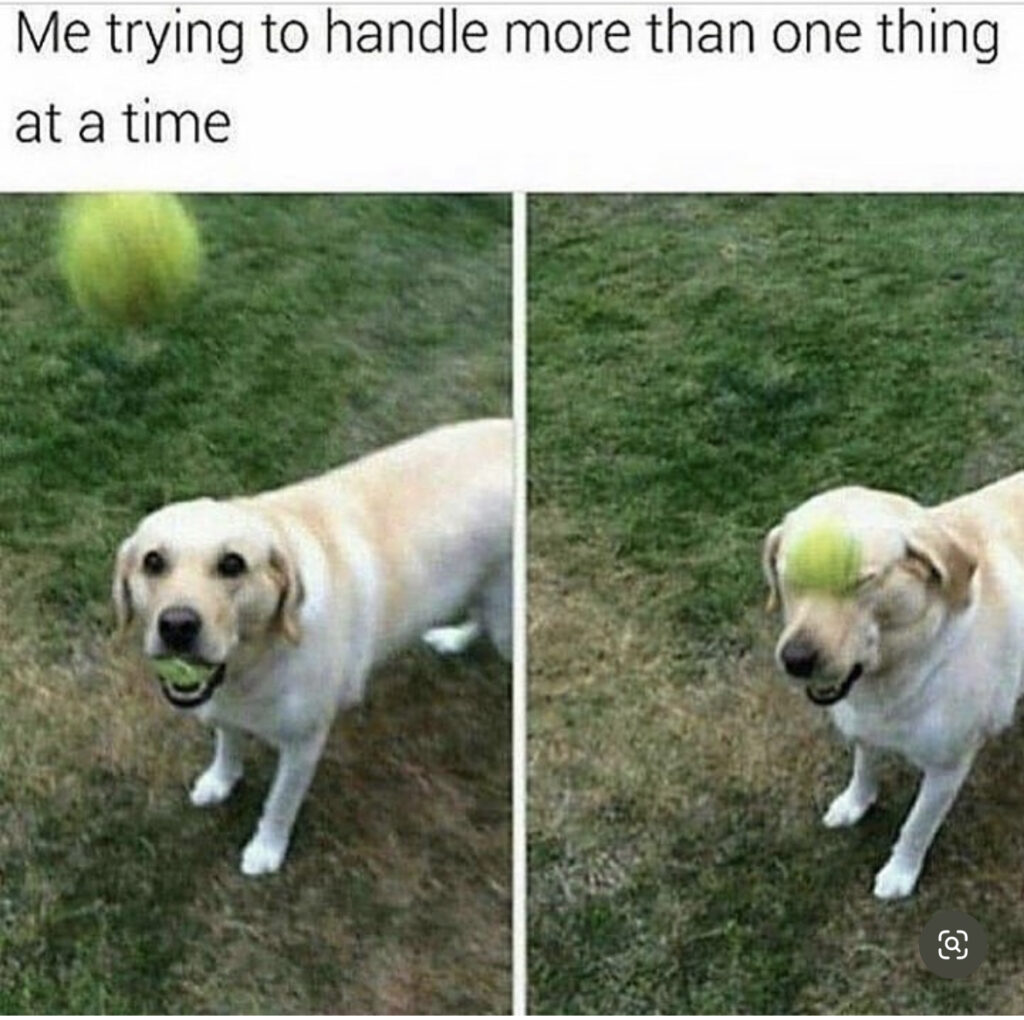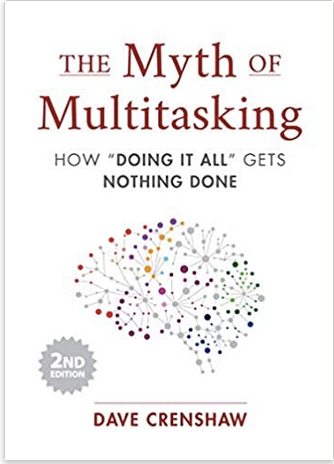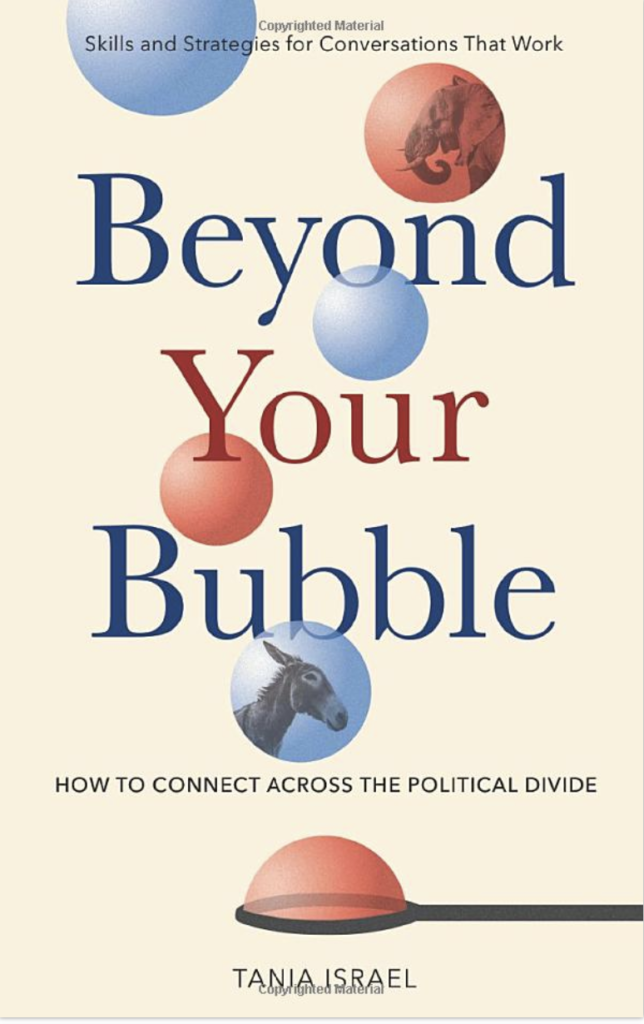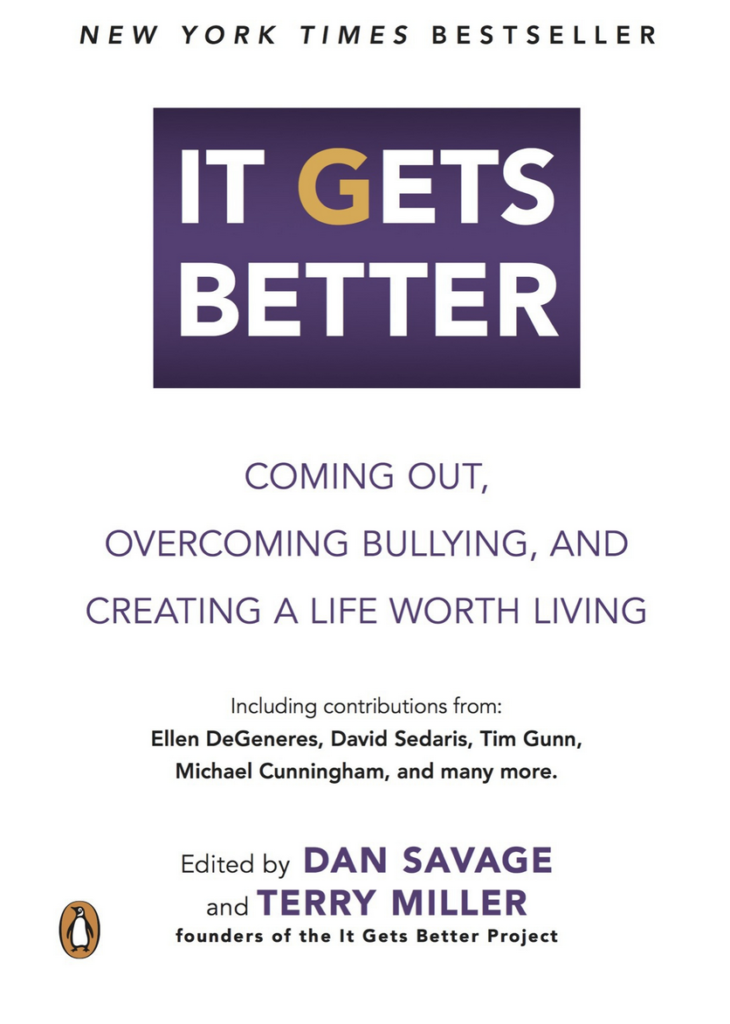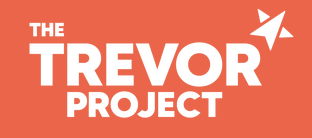Physical Vulnerability and Self Care
If you’ve ever been injured, or endured some type of physical vulnerability, you’re probably familiar with the sense of loss and emotions that accompany the physical damage to your body. Sometimes the emotional reactions can be just as taxing and painful as the injury itself. This week we are going to focus on the importance of self care to help minimize the effects of the physical and emotional strain our body endures when injured.
Obtaining a physical injury inevitably hinders our ability to function regularly and perform daily routines. This can be extremely frustrating and difficult to manage as it can force you to temporarily give up parts of your identity. For example, if you’re someone who loves to exercise, but has injured their leg, your ability to run is extremely limited. It’s important to remind yourself that this is temporary, and with time, your body will heal. However, why is it that injuries can be so emotionally and mentally difficult to deal with even though we can rationalize how they’ll get better and go away?
Within the past two years, I have endured a few sports related injuries that have shifted my perspective on the topic. I think it’s important to first recognize how you can experience a sense of loss and rejection when you obtain a physical injury. When I tore my labrums in both of my hips, I felt a sense of loss to that part of my body because neither hips were functioning at a sufficient level that could meet my needs. As a person who loves to be physically active, I felt a huge void in my life. My injuries had me question myself and my judgment about events leading up to the injury, “Why would I push my limits too far? Why didn’t I listen to my body better? What should I have done differently? Why is my body rejecting me?” These were just a few of many lingering thoughts I had about the injury. I was experiencing some regret and putting blame on myself.
With a great support team, I quickly learned that your recovery is a journey and you need to meet yourself where you’re at. Nothing can change the events from the past, but you have control about the future. I was reminded to practice more compassion for myself when going through this extensive recovery. Instead of focusing on the past or “what if” scenarios, I acknowledged the present. I evaluated how activities, like running, were previously an outlet for me and a form of self care that I strongly relied on. Running was part of my day that I would disconnect with my responsibilities, focus on myself, and enjoy the fresh air. Now, I still make time to get outside and connect with the world around me. It’s no workout, but it’s provided me with the same sense of ease. It’s critical to continue to implement self care even though your daily routines may be hindered. If you’re currently experiencing any type of physical vulnerability, validate your feelings about the injury, surround yourself with supportive individuals, practice compassion and forgiveness for yourself, and find new activities that are fulfilling and effectively provide you with self care.
WORDS OF WISDOM

MEME OF THE WEEK

TED TALK
Aimee Mullins: The Opportunity of Adversity
BOOK OF THE WEEK
(Click below to Purchase Book)
MENU

5 Ingredient Wisconsin Mac n Cheese, Breakfast Casserole, Wisconsin Monte Cristo Sandwich
CONTRIBUTE
